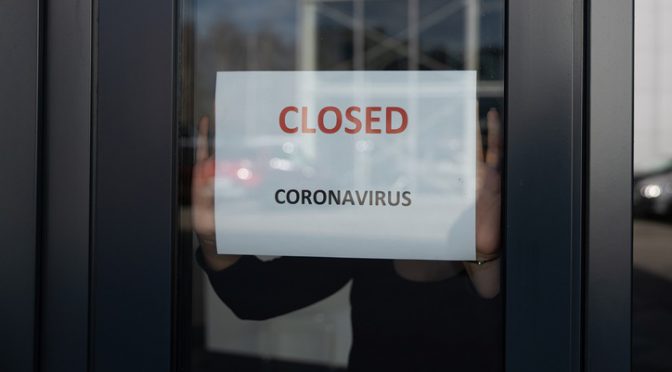
Nearly 150 high school counselors, college admission professionals, community-based organization leaders, and other advocates will arrive in Washington, DC this weekend for NACAC’s annual Advocacy Meeting.
During this two-day event, attendees will learn more about student-to-counselor ratios in their states, the status of state and federal financial aid, and the economic impact of international and DACA students. The event will also feature talks from a Virginia state legislator and from a staff member of the House Committee on Education and Labor.
On Monday, attendees will head to Capitol Hill to meet with their elected officials and Congressional staff to advocate for NACAC’s policy priorities, including:
- School Counseling. The American School Counselor Association (ASCA) and NACAC recommend a student-to-counselor ratio of 250:1. In the 2015-16 academic year, the national average ratio was 470:1. Furthermore, public school counselors report spending only 21 percent of their time on postsecondary admission counseling. #NACACHillDay attendees will advocate for lower ratios, increased funding, and improved professional development for school counselors.
- Rigorous Curriculum. More than 80 percent of admission professionals say that a student’s strength of curriculum is of “considerable” or “moderate” importance in admission decisions. However, low-income students are less likely to have access to such curricula, and white students are nearly twice as likely as black students to be enrolled in at least one AP class. During their Congressional meetings, Advocacy Meeting attendees will advocate for all students to have equitable access to rigorous coursework in high school.
- Need-Based Financial Aid. For many students and families, affording college is becoming increasingly more difficult. State and federal disinvestment in higher education funding has placed the burden of paying for college more squarely on the shoulders of students. #NACACHillDay attendees will encourage their elected officials to increase funding for federal need-based financial aid and to support efforts to simplify the FAFSA.
- Student Protections. Some unscrupulous institutions of higher education – frequently, though not exclusively, those in the for-profit sector – employ predatory recruitment practices that target students who are often most vulnerable to such deceit. Students enrolled at for-profit institutions account for just over 10 percent of all postsecondary enrollments, but over 40 percent of student loan defaults. Despite these metrics, for-profit institutions still benefit from receiving tax-payer funded financial aid. Advocacy Meeting attendees will urge their Members of Congress during their Hill meetings on Monday to protect students and taxpayers by supporting efforts to reign in these unscrupulous institutions.
- Undocumented Students. Legal challenges to the September 2017 announced rescission of the Deferred Action for Childhood Arrivals (DACA) program continue to leave DACA-eligible and other undocumented individuals in limbo. Furthermore, undocumented students are ineligible to receive federal student aid – this lack of financial support often puts higher education out of reach for these students. #NACACHillDay attendees will encourage their elected officials to support legislation that would help make higher education accessible and affordable for these students.
The advocates in attendance will touch on these topics and other important issues, including international student mobility, school safety, and more. Be sure to follow @NACACWonk and #NACACHillDay for updates, and tune in to Facebook Live at 9:45 am ET for a live broadcast of the “Counselors and Financial Aid in Your State” panel, with NACAC research associate Pooja Patel and Stephanie Giesecke, the director of budget and appropriations at the National Association of Independent Colleges and Universities.
Julie Kirk is NACAC’s government relations manager. She can be reached at jkirk@nacacnet.org.









